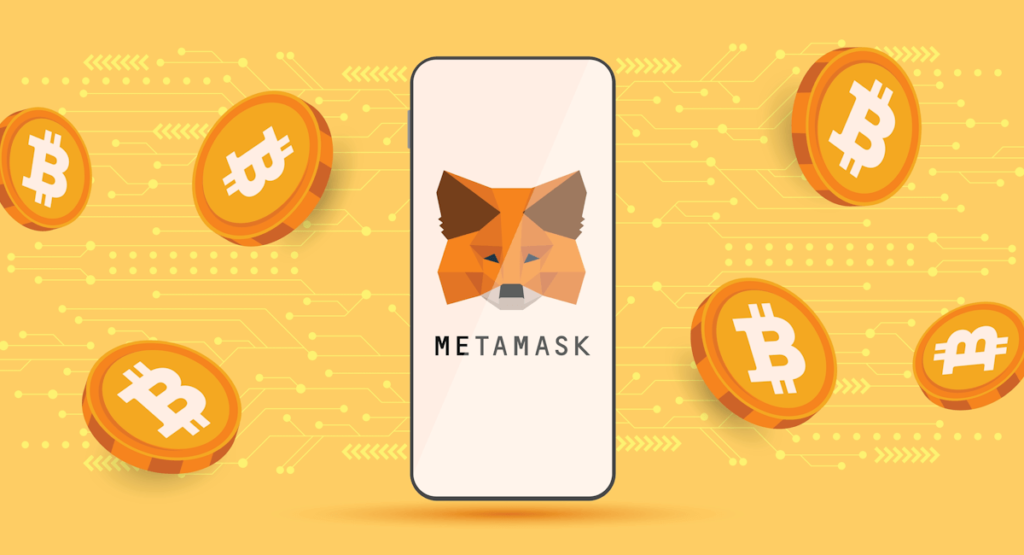The rise of cryptocurrencies has reshaped the financial landscape, and with it, the need for secure, efficient ways to store and manage these digital assets. Enter the crypto wallet—a vital tool for anyone engaging in the world of digital currencies like Bitcoin, Ethereum, and beyond metamask extension. Whether you’re a seasoned investor or just stepping into the crypto world, understanding how crypto wallets work is essential.
What is a Crypto Wallet?
A cryptocurrency wallet is a digital tool that allows users to store and manage their cryptocurrencies. Think of it like a bank account for digital currencies, but with more control and privacy. A crypto wallet doesn’t actually store the cryptocurrencies themselves but rather stores the private keys needed to access and manage the coins stored on the blockchain. These private keys are crucial for authorizing transactions and accessing your digital assets.
There are two types of crypto wallets: hot wallets and cold wallets.
Hot Wallets vs. Cold Wallets
- Hot Wallets:
- Definition: Hot wallets are connected to the internet and allow for quick, easy access to your cryptocurrencies. They are ideal for users who want to trade or use their digital currencies regularly.
- Pros:
- Fast transactions
- Convenient for frequent access
- Can be used on desktop computers, smartphones, or web platforms
- Cons:
- More vulnerable to hacking due to being always online
- Potential risk of exposure if a user’s device is compromised
- Cold Wallets:
- Definition: Cold wallets, on the other hand, are offline storage solutions for your cryptocurrencies. They are considered the most secure type of wallet because they are not connected to the internet, making them less susceptible to online threats.
- Pros:
- Highly secure from hackers and malware
- Ideal for long-term storage of large amounts of cryptocurrency
- Cons:
- Less convenient for frequent transactions
- May have a higher initial cost (e.g., hardware wallets)
Types of Crypto Wallets
Crypto wallets come in various forms, each with its unique features and security mechanisms. The most common types include:
- Software Wallets:
- Mobile Wallets: These are apps that you can install on your phone. They allow you to manage your cryptocurrencies on the go.
- Desktop Wallets: These are software applications that you install on your computer. Desktop wallets are often more secure than mobile wallets and offer more features.
- Web Wallets: These are online platforms that allow you to store your crypto in the cloud. They are highly accessible but tend to be less secure compared to software wallets because they rely on third-party servers.
- Hardware Wallets:
- Definition: Hardware wallets are physical devices that store your private keys offline. They provide a high level of security because your keys are never exposed to the internet.
- Examples: Popular hardware wallets include Ledger Nano S and Trezor. They are portable and come with screens to verify transactions, making them highly secure for long-term storage.
- Paper Wallets:
- Definition: A paper wallet is a physical printout of your private and public keys. While it’s completely offline and immune to online hacking, it’s crucial to store it safely to prevent physical damage or theft.
- Pros: Extremely low cost and highly secure if stored properly.
- Cons: Risk of physical damage, loss, or theft. Not practical for everyday transactions.
How Does a Crypto Wallet Work?
The fundamental function of a crypto wallet is the management of two keys:
- Public Key: Think of this as your wallet’s address. It’s like your bank account number, which you can share with others so they can send you cryptocurrencies.
- Private Key: This is the secret piece of data that allows you to access and control your cryptocurrency. It’s like the password to your bank account. If someone else gains access to your private key, they could potentially steal your assets.
When you send cryptocurrency, you are using your private key to sign a transaction, proving that you are the rightful owner of the funds. The transaction is then broadcast to the blockchain, where it is validated by miners or validators.
Security Considerations
Security is a major concern in the crypto world, and the same holds true for wallets. Here are some best practices to keep your digital assets safe:
- Use Strong Passwords: Always protect your wallet with a strong password and two-factor authentication (2FA) when available.
- Backup Your Wallet: Most wallets provide a recovery phrase—a series of words that can help you recover your wallet if you lose access. Store this backup phrase securely.
- Regular Software Updates: Keep your software wallets and devices up-to-date to patch any security vulnerabilities.
- Beware of Phishing Attacks: Always ensure you’re using the official wallet website or app, and avoid clicking on suspicious links that may lead to phishing sites.
Choosing the Right Crypto Wallet
The right crypto wallet for you depends on your needs. If you’re an active trader, a hot wallet might be more suitable due to its ease of access. However, if you’re holding a large amount of cryptocurrency for the long term, a cold wallet will offer the highest level of security. For those new to crypto, starting with a software wallet is usually the most accessible option.
